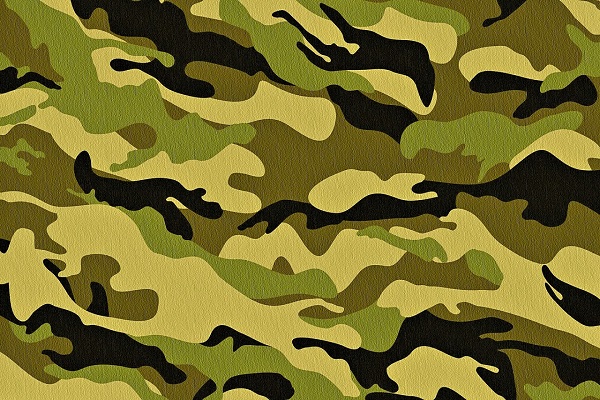
Two women were denied because the French military prohibits the wearing of religious items.
After experiencing yet another deadly attack in Nice, the French government has called on French citizens to become a military reservist or to volunteer in its non-combat operations. This is one of the immediate steps taken by the government to augment France’s national security. And among those who responded to the call are the French youth of Islamic descent like siblings Majda and Amina Belaroui who are also Nice residents.
French Muslim Military Recruits Denied Because of Hijabs[/tweetthis]
For the sisters, serving the country in time of need is an opportunity to correct the negative perception and fear of Muslims. But the younger Belaroui’s desire of becoming a volunteer was immediately halted when she was not accepted by the military recruitment center because she refused to remove her hijab or headscarf. In France, all individuals serving the government are prohibited from showcasing and wearing personal things related to a particular religion because the country has maintained its secular views for more than a century now.
It’s a sad experience for Madja describing that such prohibition discourages French Muslims from serving the country and fully integrating to the society. As she explains, “If I weren't Muslim, I think I would be so afraid of these people (Muslims). For me, it's discouraging. We want to show that we are against this violence. We are demotivated."
Her older sister Amina was eventually accepted as a reservist on his second application attempt. Unlike Madja, Amina agreed to sacrifice removing her hijab for the sake of the country and of Muslim girls. As the third-year engineering student cites “I think the ends justify the means. That's why I took it off. I really want to commit and help people, and also try to give another image of Muslim girls, and Muslims in general. Maybe it will encourage other girls to do something they didn't think they could do before. Maybe it will change things.”
Laïcité or French Secularism
Compared to the U.S. and all other countries who maintain a general secular view on governance and society, French secularism is by far considered as the most stringent. In fact, several laws are enacted over the years to make it tougher. An example of which is the recent law that bans wearing religious symbols like hijabs, crosses, skullcaps or yarlmuke at schools nationwide.
The core concept of French secularism is termed as Laïcité. This is so vital that it is listed as Article I in the French Constitution. As explained above, Laïcité ensures the separation of religion and government in all aspects and in its strictest sense. So how did France ended up becoming as the most secular government?
It started right before the French Revolution in the 18th century. Enlightenment scholars like Voltaire, Diderot and Montesquieu criticized how the monarchy and the church ruled and abused the country. These scholars perceived religion at that time as intolerant, benighted and divisive. Headed by Napoleon Bonaparte, the French Revolution marked the end of both French Monarchy and Catholic rule.
When the French Republic and Empire was created, all church assets were confiscated by the government and almost all religious groups in the country were dissolved. Church leaders were also forced to become loyal to the government. But with growing pressure from the Pope in Rome, Bonaparte agreed to keep religion in the country as long as it remained under government supervision and solely involved matters of spirituality.
It was in 1905 that the French Government eventually adapted Laïcité or the separation of church and state on its constitution.
via @npr: French Army Asks Citizens To Enlist — But No Muslim Headscarves, Please. https://t.co/htuk2vyLHW
— nala (@CAllstadt) July 26, 2016
